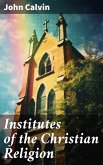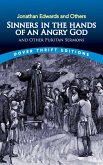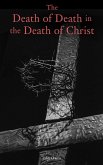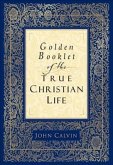John Calvin's 'Institutes of the Christian Religion' stands as a foundational text of Reformed theology, meticulously articulating the principles of Protestant faith and the sovereignty of God. Written with clarity and conviction, this monumental work elucidates core doctrines, such as predestination and the sacraments, while reflecting the tumultuous socio-political landscape of the 16th century. Calvin's literary style skillfully blends rigorous theological discourse with accessible prose, inviting both scholars and lay readers into deep theological contemplation. John Calvin (1509-1564), a French theologian and reformer, was profoundly influenced by the challenges of the Reformation era, witnessing the need for a systematic and biblical approach to Christian belief. His own spiritual journey and experiences in Geneva catalyzed his desire to cultivate a reformed faith that emphasized a personal relationship with God. As a pioneering figure, Calvin shaped Protestant thought and ecclesiastical structure, leaving an indelible mark on Christianity. This seminal work is essential reading for anyone wishing to explore the tenets of Reformed theology or understand the historical context of Christian reform. Calvin's rigorous yet approachable examination of faith promises to inspire a deeper appreciation for the theological richness that shapes contemporary Christianity.
Dieser Download kann aus rechtlichen Gründen nur mit Rechnungsadresse in A, B, BG, CY, CZ, D, DK, EW, E, FIN, F, GR, H, IRL, I, LT, L, LR, M, NL, PL, P, R, S, SLO, SK ausgeliefert werden.









